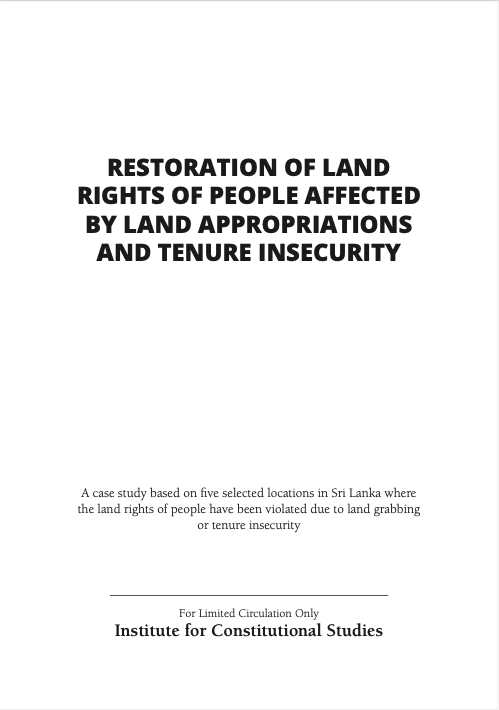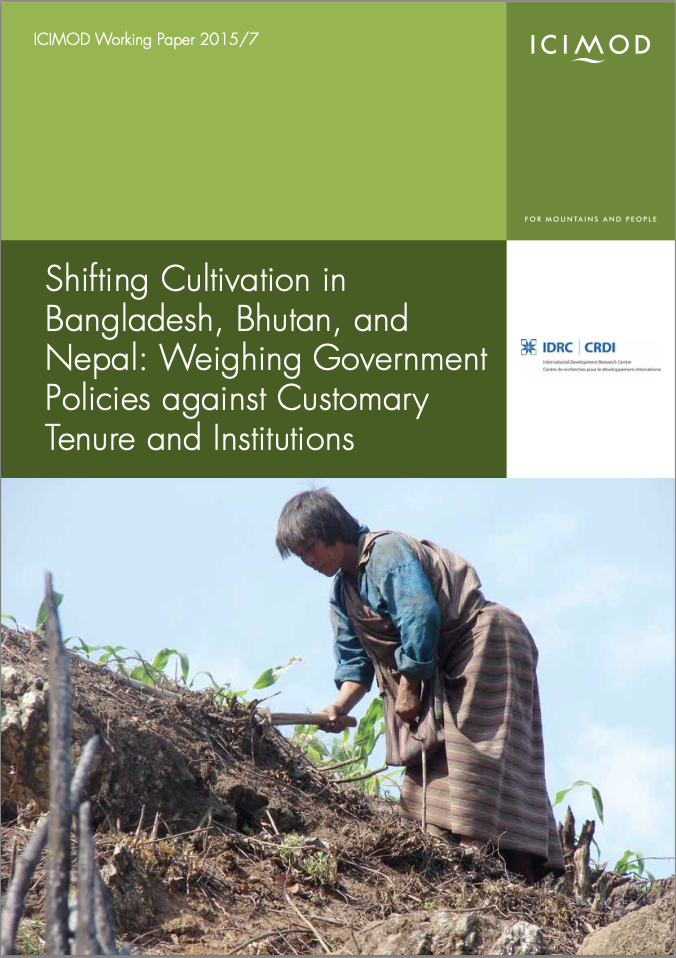Mapping Together: A Guide to Monitoring Forest and Landscape Restoration Using Collect Earth Mapathons
Mapping Together helps people use Collect Earth mapathons to monitor tree-based restoration. Collect Earth enables users to create precise data that can show where trees are growing outside the forest across farms, pasture, and urban areas and how the landscape has changed over time. Building on WRI and FAO’s Road to Restoration, a guide that helps people make tough choices and set realistic goals for restoring landscapes, Mapping Together takes this process one step further.





